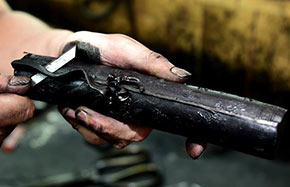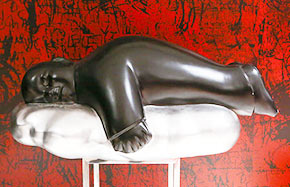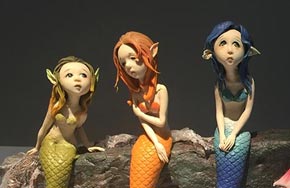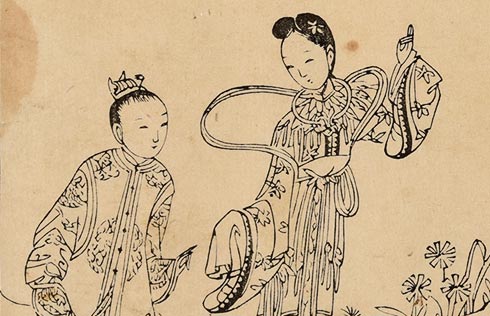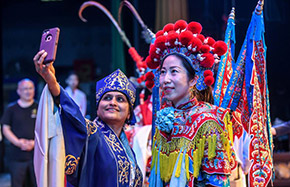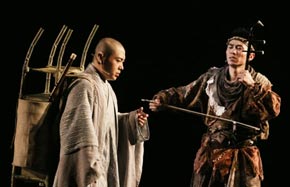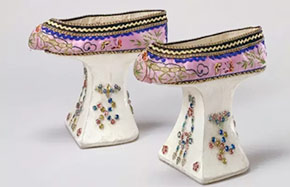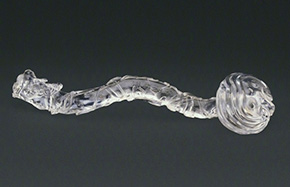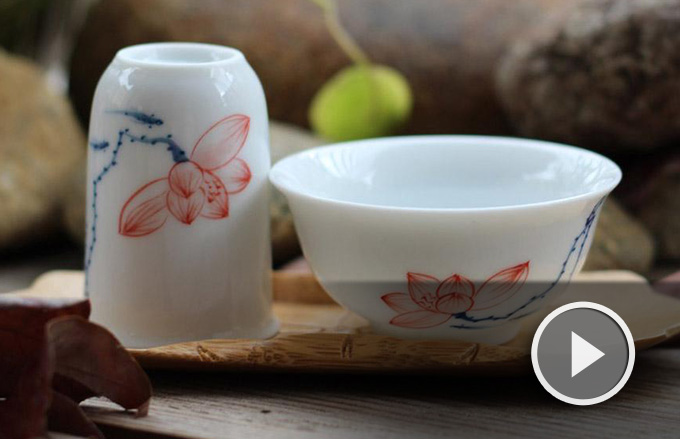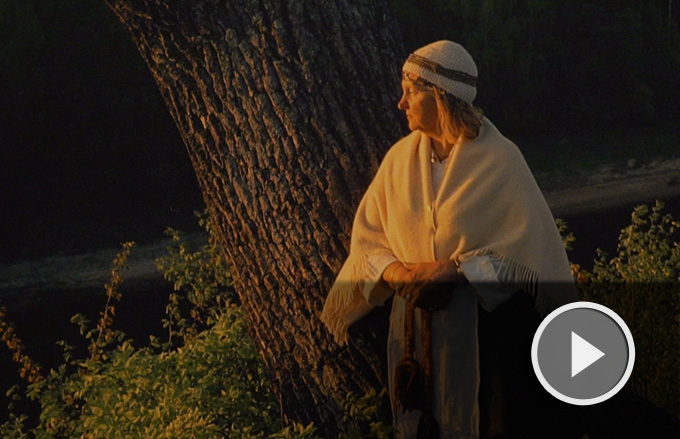Opera can be bridge between cultures, says Chinese soprano He Hui
Opera can work as a "bridge" between cultures, noted Chinese opera singer He Hui has said.
The soprano made her remarks in an interview with Xinhua at the Teatro Real in Madrid, where she is performing the leading role in Giacomo Puccini's famous opera "Madame Butterfly".
Madame Butterfly tells the tragic story of a 15-year-old Geisha girl, Cio Cio-San and her love for an American sailor, whom she marries only for him to leave and return three years later with a new wife, breaking Butterfly's heart and leading her to take her own life.
This Opera sees Asian culture and Western culture meet, she told Xinhua.
The Chinese singer has been a professional for 19 years and has played the role of Cio Cio-San (Madame Butterfly) on 153 occasions, so she knows the role very well.
"I understand what happens inside her heart, from being a 15 year old Geisha until she becomes a woman with a child and decides to kill herself," she said, adding that Madame Butterfly's first line in the opera is "my name is love ... and in the end she dies for love".
"For me it is very easy to understand the story... when a woman loves a man, she only loves one man and she loves him for all her life, Cio Cio-San is so pure and at the end she decides to kill herself, because she cannot live without love," He said.
He's career has given her a unique perspective on the role and on opera in general. After training in Xi'an, most of her 19-year career has been spent in Europe and her first performance as a soprano in her homeland only came in 2012 when she performed in Verdi's "Masked Ball" in Guangzhou.
"I am between the two cultures -- Chinese and Western, all the time," she told Xinhua, explaining she had also performed Verdi's Aida over 150 times.
"It is one of the most famous roles of my career. So when I am in the West, my Aida has some oriental feeling for the audience. But when I return to China, I am able to bring my experience to China and the people enjoy that," she said.
She explained that Chinese opera houses differ from those in the West in one major way -- the age of the people who work there and who go to enjoy the operas.
"The special thing in China is that the people who work in the theater and who go to the Opera are all very young. They are about 30 years old, which is very different from Europe," she explained.
However, she believes that despite its slightly stuffy reputation, opera can offer much more than most people imagine.
"I think Opera is one language for people all over the world, because of the emotions: the heart, the love and the hate. All people have the same feelings, so opera can be a bridge to Western and Eastern cultures. It is not just for Italians or Americans, or for the Spanish or the Chinese. It is for the entire world."
Finally she spoke about her performances in Madame Butterfly in Madrid, where she is making her debut.
"I have sung this role many times, but every time I try to give something new, something from my heart and to bring emotion to the audience. This is very special because it is my first time in Madrid," she concluded.




